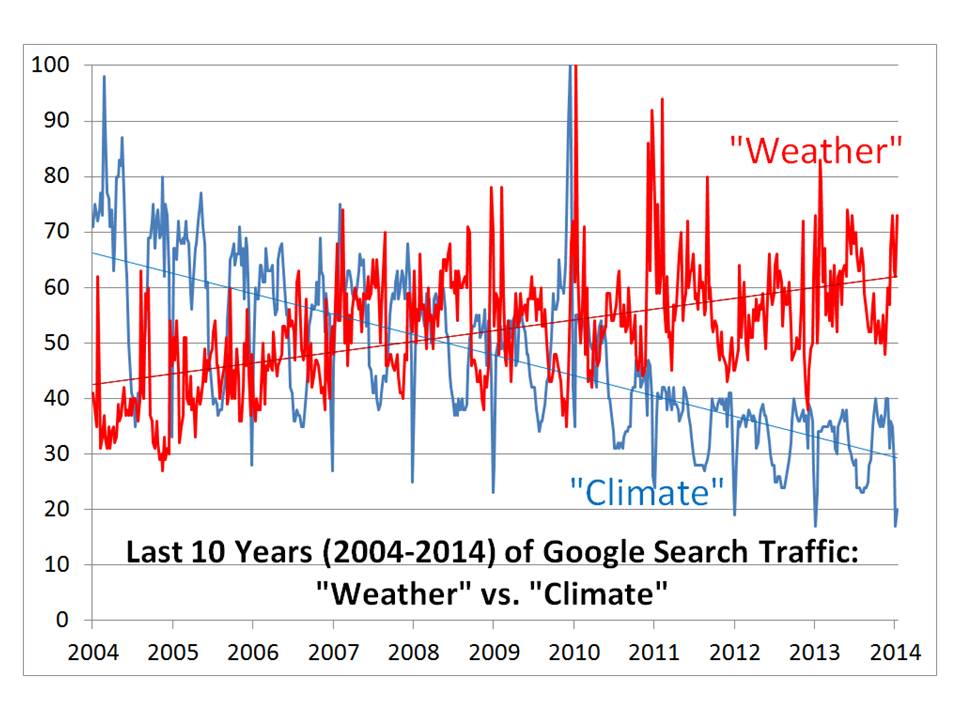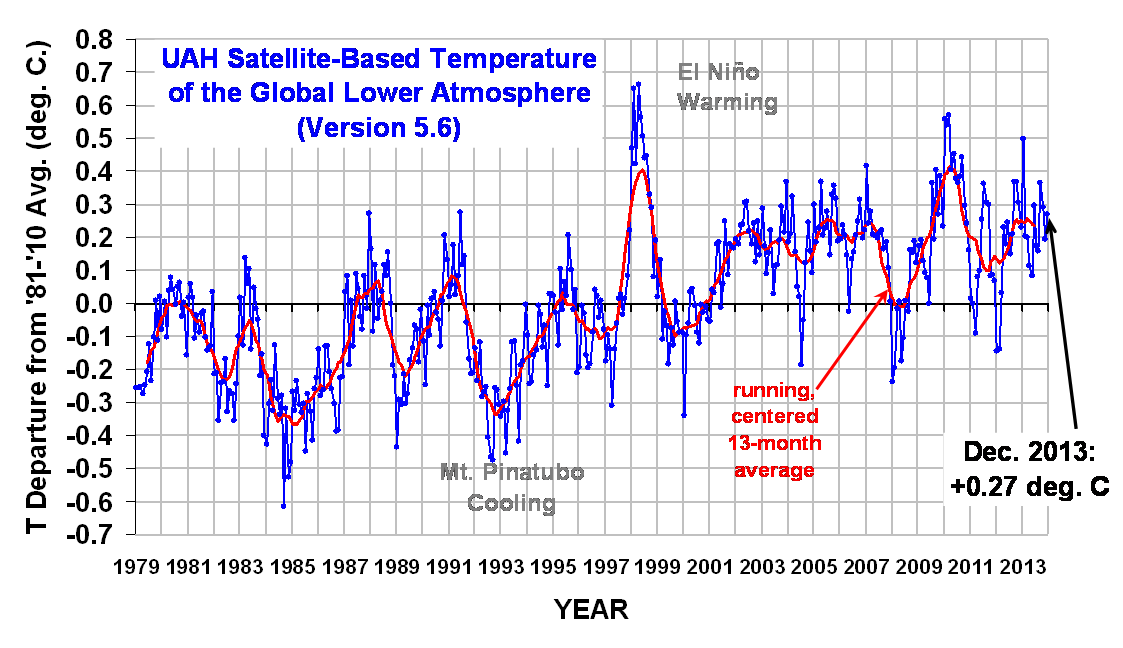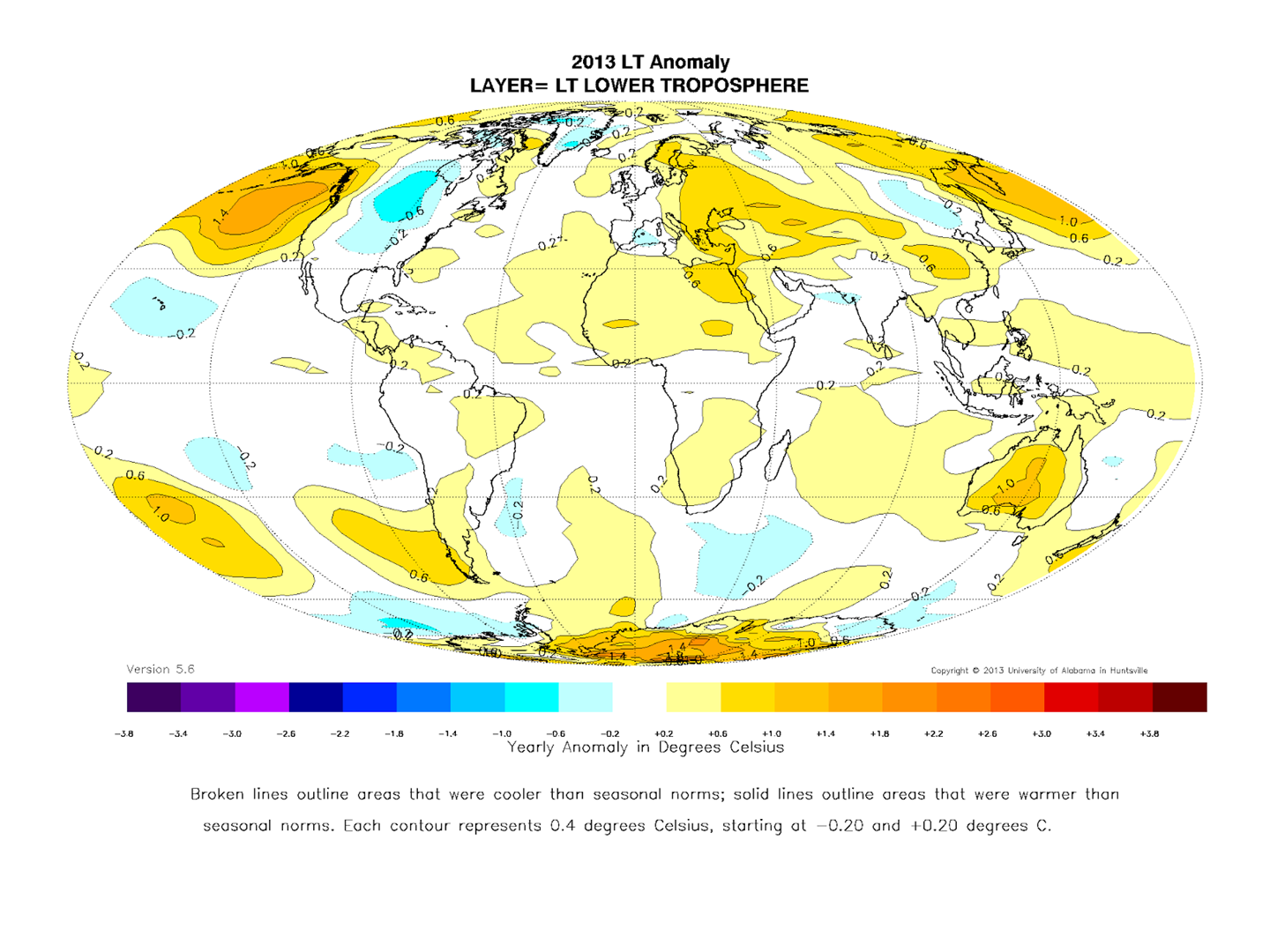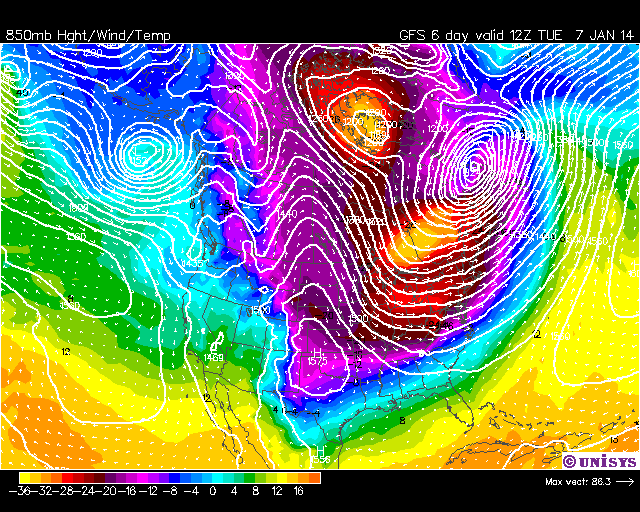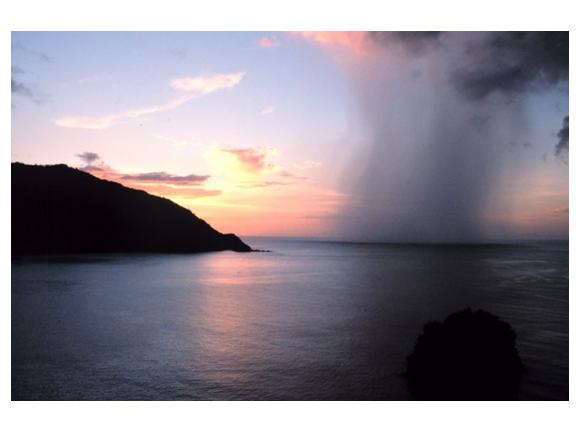WARNING: This is not a climate or weather post. It is my quasi-annual rant on basic economics.

A conversation overheard many years ago…
Business Owner: Hey! Wanna buy this cool gadget? It allows you to make phone calls from just about anywhere. We call it a “self phone”.
Consumer: Hmm. Why would I want that? I can make calls from my office, or my home, or a gas station if I’m out and about.
Business Owner: Well, wouldn’t you like to be able to call from your car? Or not miss a call just because you are driving? What if your car breaks down and you are stuck on the highway? Or, you are at the grocery store and you forgot what your wife asked you to pick up? And what if I told you that long-distance calls on these things will eventually be free? AND…you will be able to send pictures you take with it to friends, instantly!
Consumer: Say, that does sound pretty good! What’s the catch?
Business Owner: No catch. It won’t cost much more than that Pong video game you just bought, and is way more useful. But…if the billions of dollars we are investing in this new technology pays off, some of us who have devoted our careers to developing it might get rich, since a few percent of the cost will be paid to us.
Consumer: Well, that’s ok with me! I’ll take a self phone!
Business Owner: Are you sure?
Consumer: SELF PHONE! SELF PHONE!
One of the great epiphanies of my life was finally understanding basic economics. It holds a fascination for me because so many people believe just the opposite of what is, in fact, true.
As I discuss in my book Fundanomics: The Free Market Simplified, prosperity is achieved though people having the freedom to provide as many goods and services to each other as are wanted and needed…and being rewarded for it when they succeed.
It’s really no more complicated than that.
After 30 years of studying and thinking about the continuing desire by about half of the population to achieve things like “income equality”, “wealth redistribution”, a “living wage”, etc., I’ve become convinced that the faulty thinking underlying these seemingly noble goals stems, more than anything else, from one basic misconception: that the stuff we all want and need will always get produced anyway.
If there was always the same amount of stuff being produced, no matter what tax policies and regulations we had, then redistribution of wealth would actually make some sense to me. But the modern economy requires efficiency, which in turn requires rewarding good ideas, punishing bad ideas, and inherently risky investments of large amounts of money in order to achieve economies of scale.
Even today’s poor now own cars, TVs, microwave ovens, cell phones, etc. These things do not happen by accident, and I am old enough to remember when most of the products we now take for granted were luxuries. These products only become affordable to the masses when people with the good ideas and money to invest have some hope of being rewarded if they succeed.
After all, most ideas for new products fail, and investors routinely lose large sums of money they have invested in trying to bring the new product to market. We usually only see the small fraction of people who are the winners. They have the fancy cars and the big houses. They are the ones who some are now so eager to see punished for their success.
But we usually don’t notice the far greater number of losers, those who tried to succeed with some new product, but who failed. Who is willing to step up and share in (redistribute) those failures to the rest of society, the way they want to redistribute the wealth of those who succeeded?
The only way the newest and most affordable products ever have a hope of reaching consumers is if those who develop them and risk their investment have some hope of being rewarded if they succeed.
We should celebrate the rich, not demonize them. They take the risks. They have the great ideas. They bring prosperity to the masses.
Which brings me to another truth which is not mentioned often enough: The prosperity which the rich have created for all of society in the form of better products at lower prices far exceeds the relatively small profit they get to keep as a reward for their success.
If we threaten to take those profits away from them, the energizing force that generates prosperity for all — including the poor’s cars, TVs, microwave ovens, and cell phones — will stop.
Some have called business-friendly policies “trickle-down economics”, a term which I really dislike. First, it’s not a “trickle”. The vast majority of prosperity generated by the success of business owners is literally in the hands of millions of consumers, in the form of goods which the consumers now own. The business owners and corporate executives get to keep only a tiny fraction of that wealth.
Secondly, the consumers are usually the first — not the last — to see the rewards of great new products. Businesses usually have to make sure their employees are taken care of before they can turn a profit. Furthermore, we consumers routinely get great deals on products from businesses that fail because the business spent more on developing, manufacturing, and bringing the product to market than they got in return from the sales price.
These are really simple, basic concepts. At the heart of economic prosperity is freedom. Freedom to pursue happiness, if you will. Concepts which have been understood and successfully put into practice for centuries in many countries.
Unfortunately, our government has been moving in the wrong direction, increasing the tax and regulatory burdens on businesses, killing the lifeblood of our economy.
Pandering politicians use vague and misleading arguments to claim that the economy is suffering because the rich are not sharing their wealth, or some such thing. This resonates with the low information voter. But money has no value without people actually doing things for each other. This is what a successful business enables.
You could take away all of the wealth of the rich tomorrow and put a few thousand dollars in everyone’s pockets. But then what will you do next year, when those business owners decide they will no longer risk staying in business, and all move to Coast Rica or Belize?
The truth is that the government is gradually encroaching on the freedoms businesses have traditionally enjoyed, reducing their ability to hire people and bring new, better, or less expensive products to market so that prosperity might be increased for all of society.
The government continues to prop up the stock market, giving the illusion that investors are “bullish” on American business. But they are only bullish on the government’s temporary meddling in the economy, which must eventually end as we continue to print money (which has the same effect as raising taxes) and borrow from future generations.
Unless those with the means to grow businesses are given some hope of being rewarded for risking their investments, they will not invest. That hurts everyone, in all economic classes.
It’s not rocket science, people. The government doesn’t create prosperity…it doesn’t make cell phones or cars or even pizzas. And when it has tried, it does so inefficiently because government is not punished for its failures, the way free and open competition punishes bad ideas and inefficiencies.
The main role of government in the economy should be to make sure people play fair…and then get out of the way.
Gotta go…my self phone is ringing.
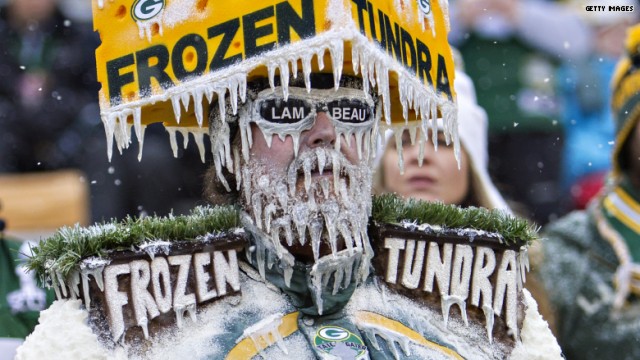

 Home/Blog
Home/Blog